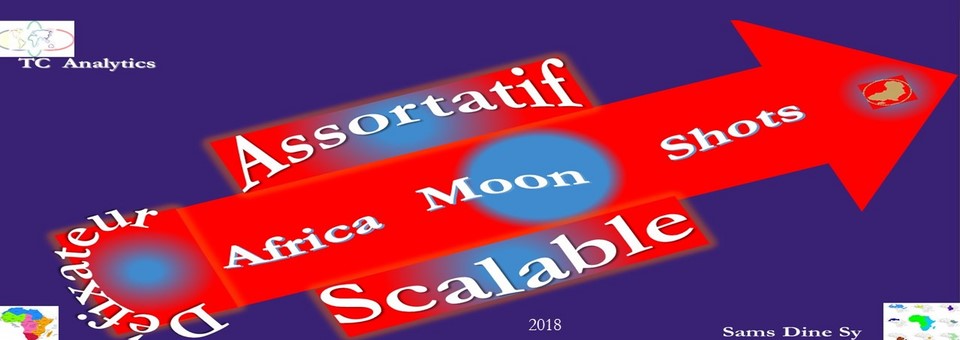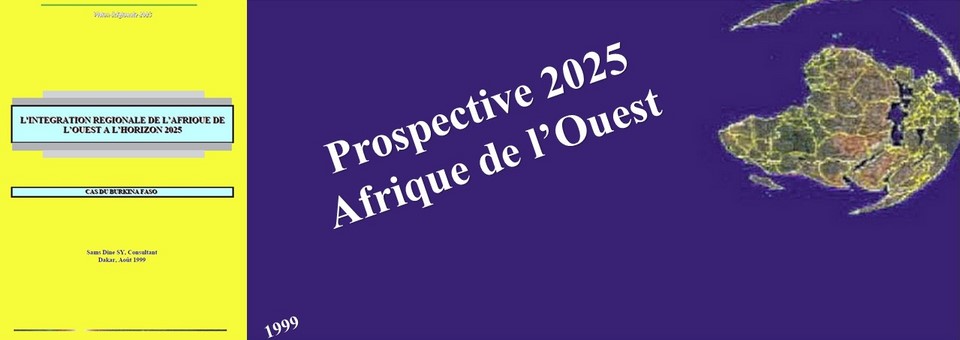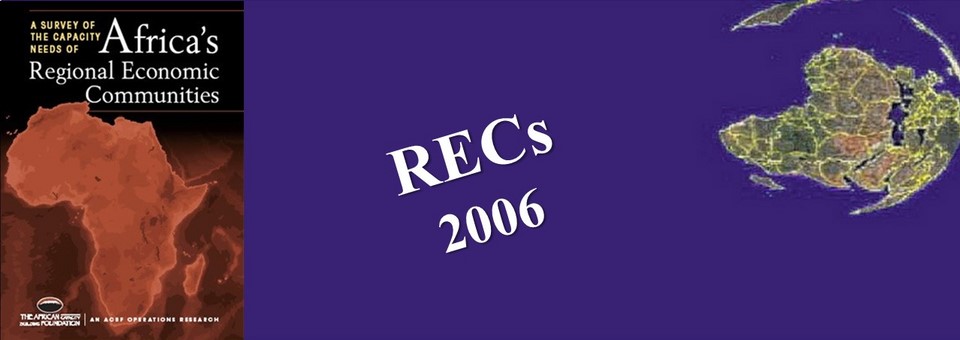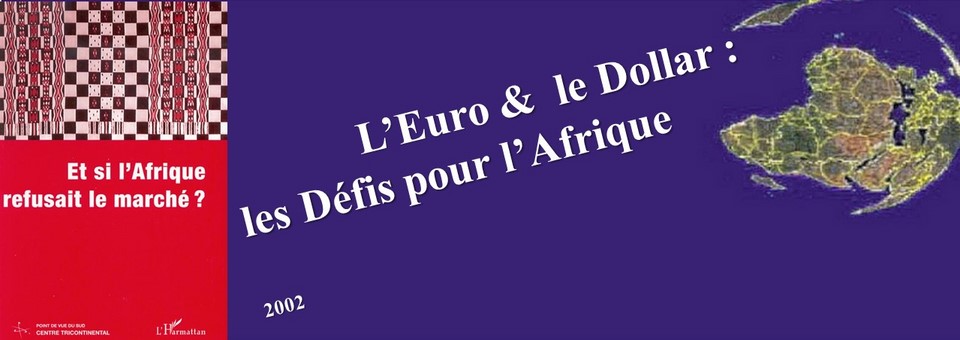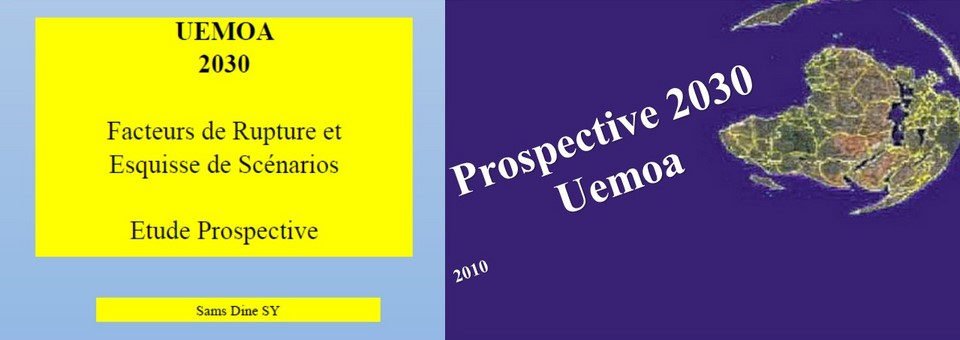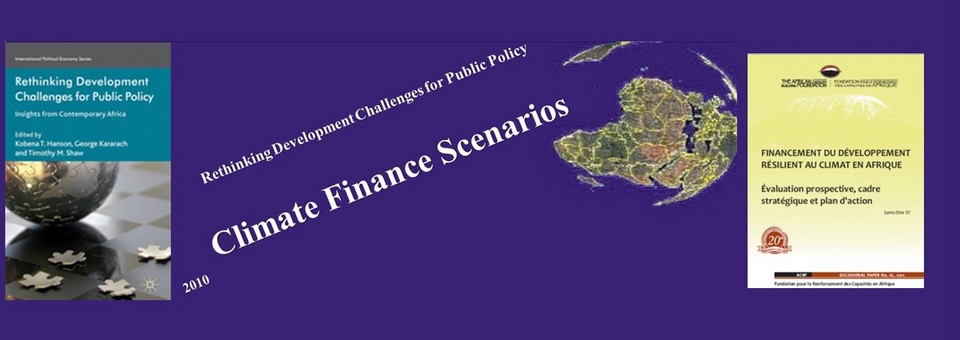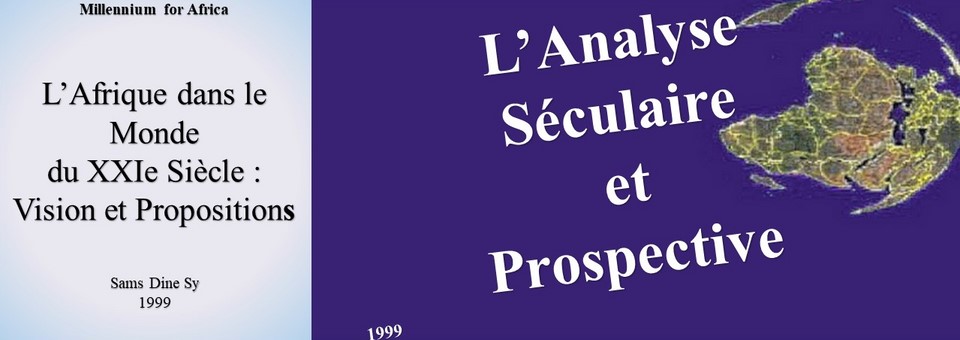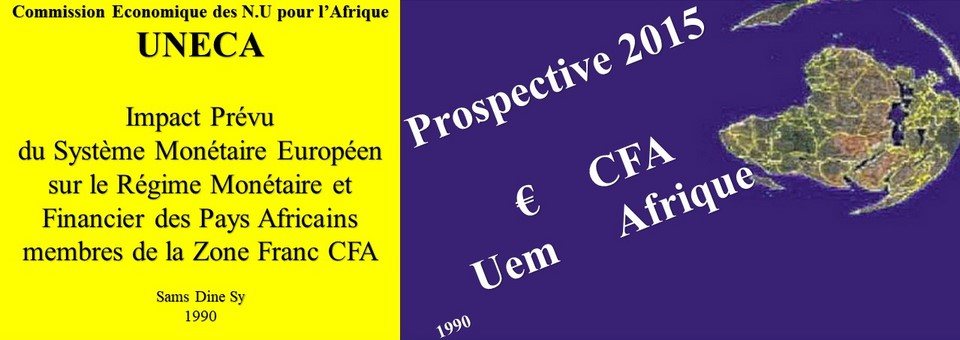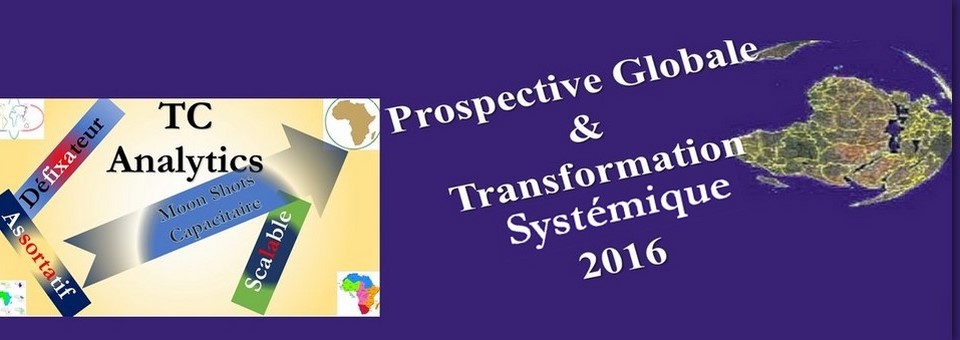POLICY ANALYSIS :
Deployment in Africa
Development & Strategic Planning
Deployment in Africa
U.N. Idep
Audit du management 1993
Introduction
PREMIERE PARTIE :
1. Rôle et profil
2. Environnement
3. Base du partenariat et de la clientèle
4. Liens avec l'environnement
5. Ressources et compétences
6 Système de management
DEUXIEME PARTIE : UN NOUVEAU CADRE
1. Résumé de l'audit du management
2. Nécessité d'un nouveau cadre
3. Objectifs et stratégie de mise en œuvre
4. Management stratégique
5. Programme opérationnel
6. Organisation et gestion
7. Impact attendu
8. Coût estimatif des investissements
9. Financement par nature et par source
Tableau : Indépendance et autonomie comparées entre IDEP, IRCA et WIDER
Budget et plan de financement
Matrice du programme opérationnel et de l'appui au programme
Graphiques : Organigramme adopté etorganigramme réel
: Proposition d'organigramme
ANNEXE : Schéma d'audit
U.N. Idep
The Statutes and the Resolution determine the main vocation, attributions and strategic choices of the Institute. IDEP's performance is limited to diploma training in an intervention zone that does not exceed one third of African member countries from one year to the next. While the mandate is still valid, the choice "to organize a 24-month graduate program... on planning techniques" has become restrictive and paralyzing for the development of new programs in interaction with training. Indeed, at a time when the long-term strategic framework that is the African Economic Community is being put in place, it is up to IDEP to provide policy analysis and management capacities for macroeconomic and political strategies.
To expand IDEP's performance and increase the effectiveness of training, its development strategy must integrate research, training seminars and advisory services where Member States' needs have become considerable, alongside the training of new profiles of national economic analysts, policy advisors and managers.
The revision of the mandate should therefore seek to broaden the objectives and responsibilities to include: "Development of human resources for policy analysis, strategic planning and development management in African countries through research, training, development, advisory services, consultation and networking for the production and dissemination of publications. This effort to transmit knowledge and know-how for development takes into account the need to strengthen the Institute's self-reliance capacity for the benefit of Member States".
